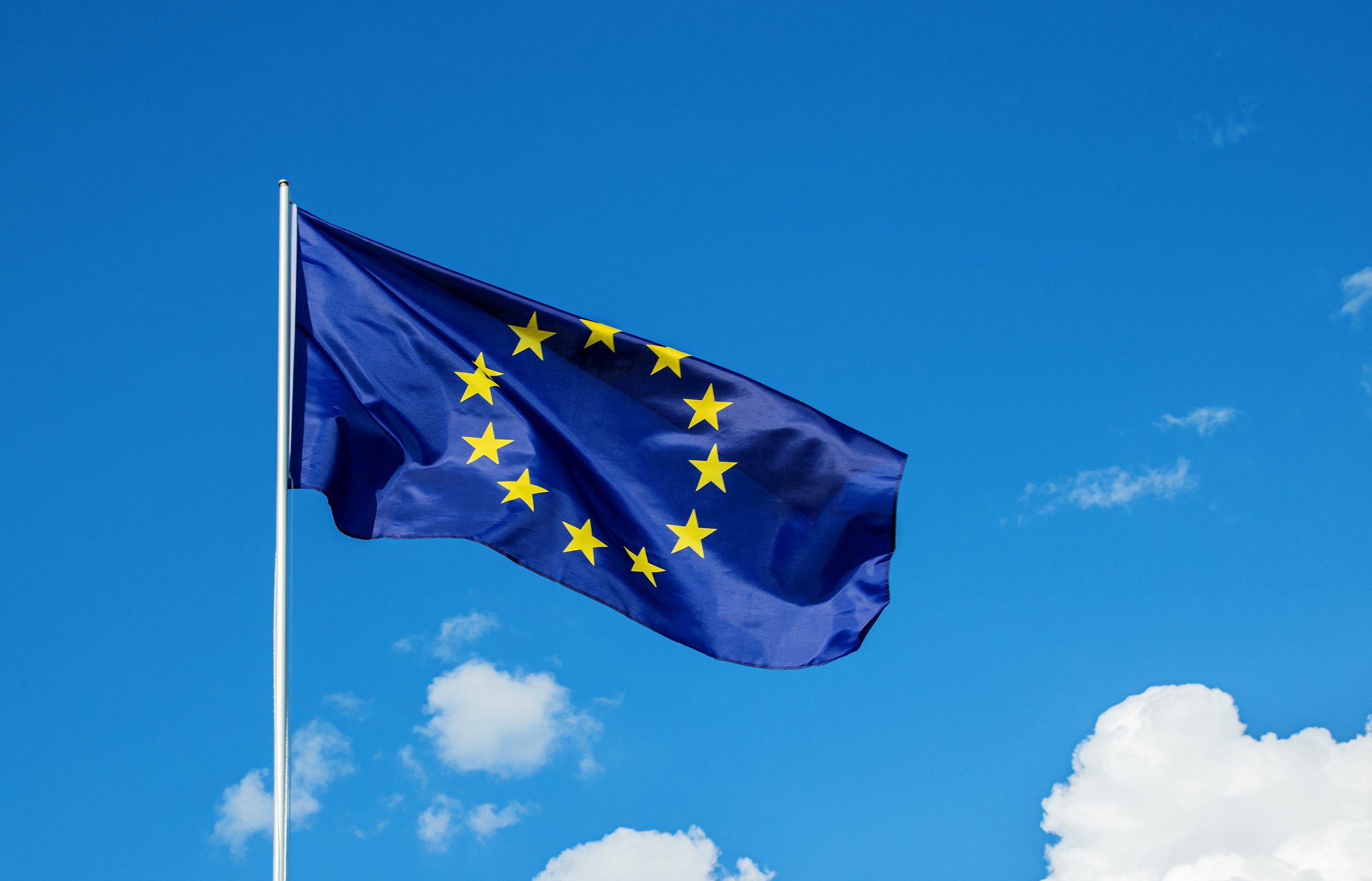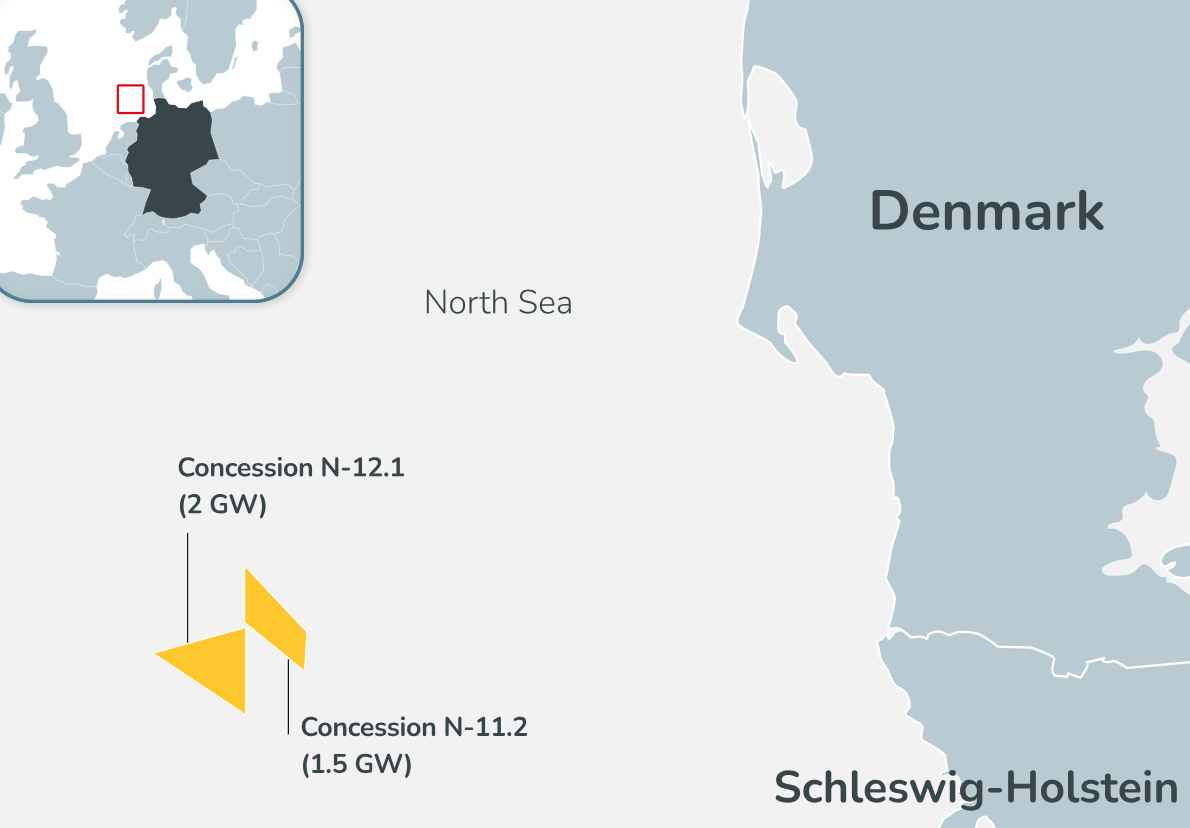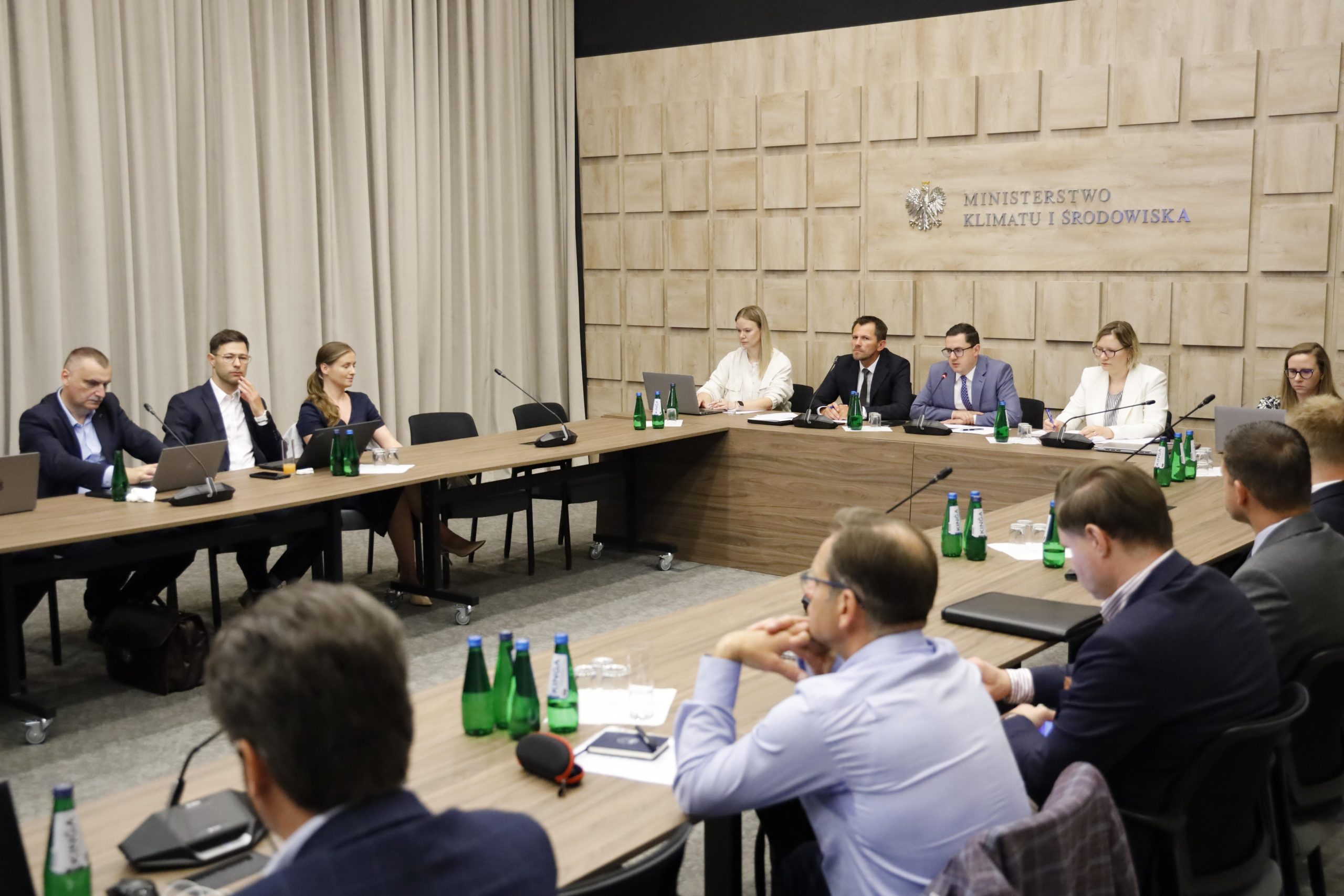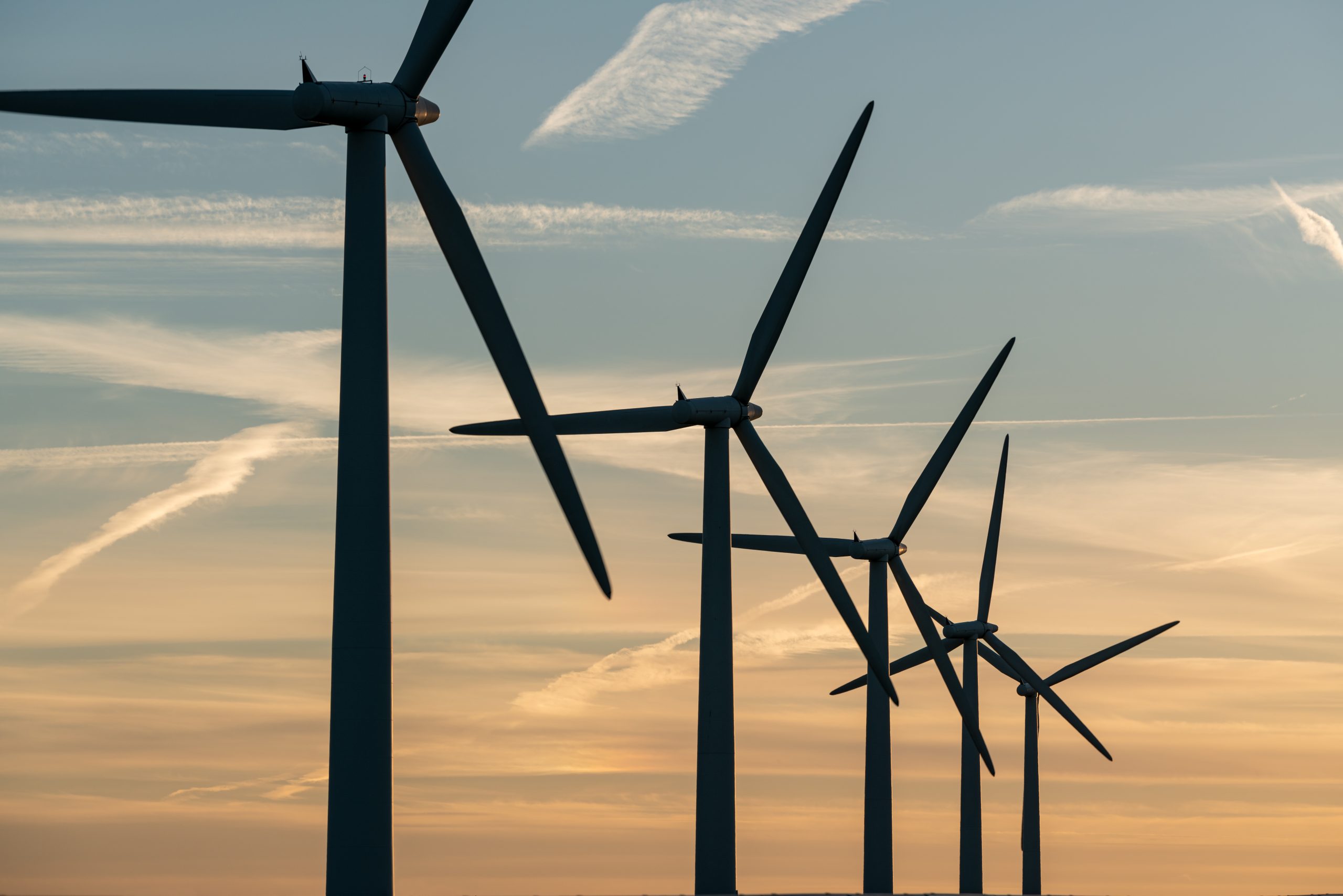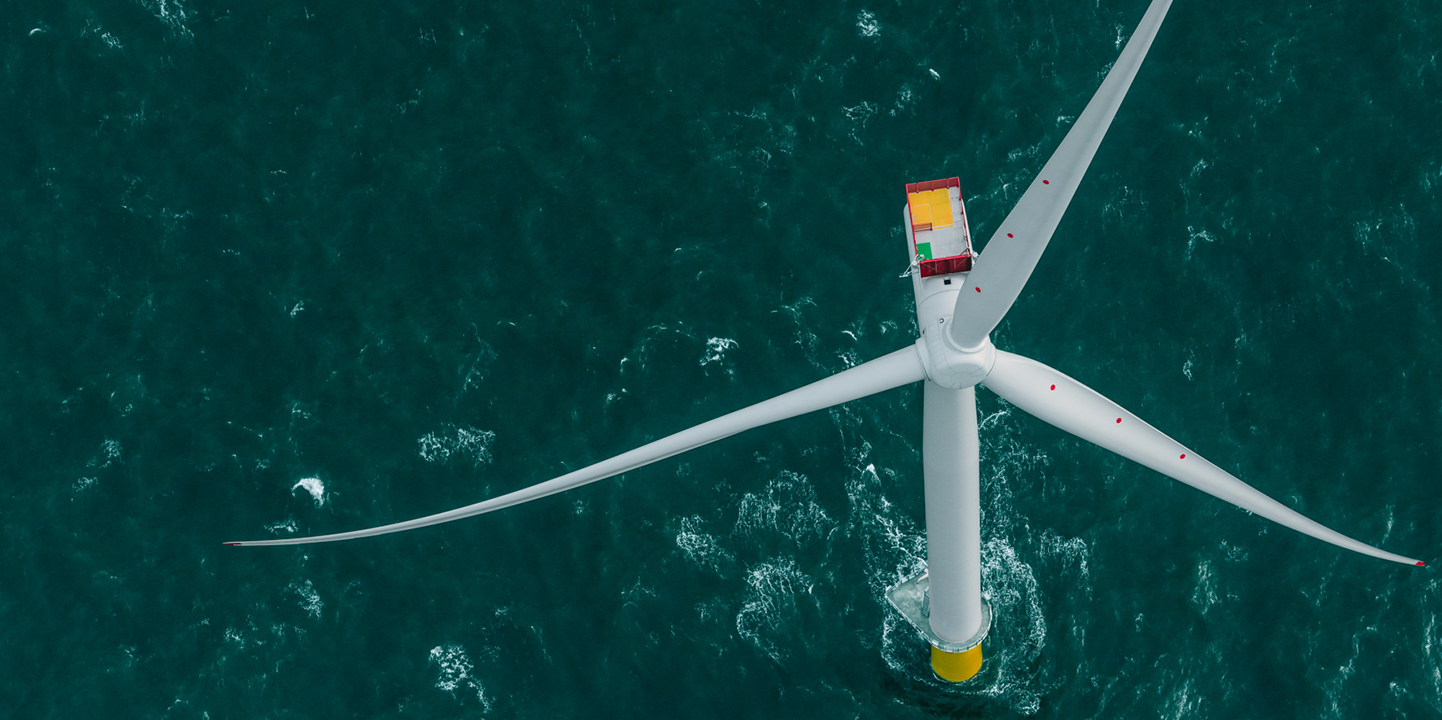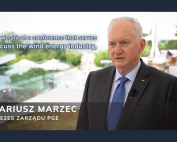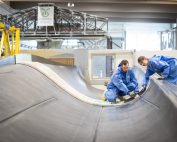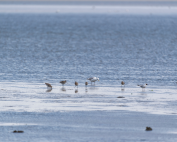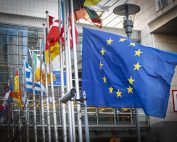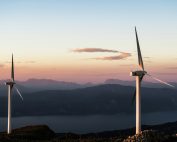In the updated Recommendation on speeding up permit-granting procedures and its accompanying guidance adopted yesterday, the Commission highlights ways to improve planning and permitting procedures for renewable energy and related infrastructure projects in the EU. The updated permitting guidance provides examples of good practice on faster and simpler permit-granting procedures, highlights the importance of digitalisation and community participation, human resources and skills; and outlines how to best handle site selection procedures and network connections.
The Commission has also adopted a further guidance document on designating renewables acceleration areas. Under the revised Renewable Energy Directive, these are locations where the deployment of renewable energy projects is not expected to have significant environmental impacts and the necessary procedures are therefore fast-tracked to ensure quick deployment of specific technologies. Key elements for selecting such areas are the availability of digital tools for planning and mapping, and data on the renewable energy capacity and on the potential environmental impact. In its guidance, the Commission also highlights the role of proper stakeholder engagement and public consultation to facilitate a successful designation of such acceleration areas.
Renewable energy is key to achieving the decarbonisation of European industry. It also represents an economic opportunity for Europe in its own right, building on our existing global leadership in a number of key technologies. With today’s initiative, we are helping European businesses to speed up their investments in renewables and increase their roll-out across Europe. Thanks to the introduction of non-price criteria in auctions, we are giving our industry a chance to prosper at home and compete on a level playing field.
Maroš Šefčovič, Executive Vice-President for European Green Deal, Interinstitutional Relations and Foresight
Increased predictability and faster permitting are key to sending the right investment signals across the renewable energy value chain. Today’s guidance from the Commission will help Member States to accelerate the deployment of renewables. As we approach two years since the adoption of the REPowerEU Plan, it is important to give this extra boost to homegrown clean energy sources, to allow us to replace even more Russian fossil fuels.
Kadri Simson, Commissioner for Energy
Improved auction design
Auctions play a key role in the roll-out of renewable energy and, when well designed, can be supportive of the steady and sustainable growth of the EU economy. By outlining standard elements for the design of auctions for renewable energy, the Commission’s recommendation and guidance will make these procedures more harmonised and efficient, in line with the Net-Zero Industry Act. Today’s Recommendation and accompanying Guidance document will help Member States to design auctions that take into consideration objectives such as quality, contribution to resilience and environmental sustainability. The use of non-price criteria will allow higher value-added projects to be rewarded. It will help to develop Europe’s net-zero technology manufacturing ecosystem and ensure that projects are realised fully and on time. This will ensure that the clean energy transition goes hand in hand with a strong industrial base in Europe.
To further enhance visibility and predictability for investors across the whole renewables value chain, the Commission has also updated today the Union Renewables Development Platform, an online system where Member States will publish basic information about their auction schedules. This information should include the timing and frequency of the auctions, the auctioned capacity, the planned budget and the eligible technologies – as required by the Renewable Energy Directive.
Source: EC
